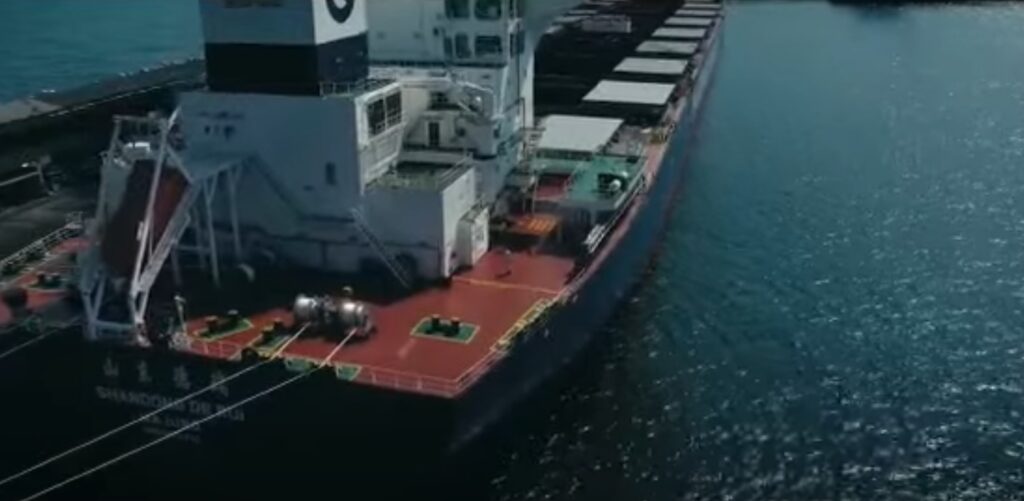Turkey’s Cocaine Smuggling Scandal Exposed

Turkey has recently become a focal point for cocaine trafficking, with the emergence of the “torpedo method” of drug smuggling from Colombia. This technique, which involves attaching metal capsules filled with cocaine to a ship’s hull, has raised serious concerns about the country’s role as a transit hub for narcotics. A landmark ruling by Turkey’s Supreme Court has overturned convictions of a ship’s crew, revealing significant flaws in the nation’s narcotics investigations and highlighting systemic negligence within the judicial system.
Supreme Court Ruling Uncovers Judicial Failures
In a striking decision dated January 15, 2025, Turkey’s Supreme Court of Appeals overturned the 30-year prison sentences of the captain and first officer of a Panama-flagged cargo ship accused of importing 31 kilograms of cocaine from Colombia. The court found that prosecutors failed to establish the crew’s involvement in the sophisticated smuggling operation, leading to their release. This ruling underscores a troubling trend in Turkey’s judiciary, where politically motivated convictions often take precedence over evidence-based judgments.
The case has drawn attention to the “torpedo method,” a maritime smuggling technique employed by Colombian drug cartels. This method involves divers attaching cocaine-filled capsules to the hulls of ships, allowing traffickers to use unsuspecting vessels for transport. Once the ships reach their destinations, the capsules are retrieved using specialized underwater equipment. The recent ruling has highlighted Turkey’s growing significance as a transit point for cocaine shipments destined for Europe and beyond.
The investigation began on August 22, 2020, when Turkish authorities received intelligence about a Colombian vessel arriving at Zonguldak carrying cocaine. The ship, owned by Shandong Shipping Corporation, was transporting coal and had a Chinese crew. Initial searches by police found no drugs, but divers later discovered a metal container attached to the ship’s hull, containing nearly 28 packages of cocaine. Despite the evidence, the initial trial resulted in convictions based on the principle of chain of command responsibility, which the Supreme Court later deemed flawed.
Systemic Negligence and Political Implications
The case has exposed significant shortcomings in Turkey’s narcotics investigations. Despite clear intelligence predicting a drug transfer operation at Zonguldak, authorities failed to conduct adequate surveillance or pursue leads on potential local accomplices. The investigation was largely limited to the foreign crew, allowing any Turkish connections to evade scrutiny. This lack of diligence raises questions about the Turkish government’s commitment to combating drug trafficking, especially as cocaine seizures at Turkish ports have surged in recent years.
Critics argue that the Erdogan administration has fostered an environment conducive to drug trafficking, benefiting politically connected operators while obstructing serious investigations. The ruling has been viewed as a rare instance where judicial reasoning prevailed over political expedience, albeit at the expense of foreign defendants. The Supreme Court’s decision to annul previous convictions and order a retrial highlights the ongoing challenges within Turkey’s legal system, where corruption and political influence often undermine the rule of law.
As Turkey continues to grapple with its role in the global cocaine trade, the Zonguldak case serves as a stark reminder of the systemic issues plaguing its narcotics enforcement efforts. The ruling not only exposes the inadequacies of Turkey’s anti-drug campaign but also raises concerns about the broader implications of corruption within the government. With the real power behind the cocaine trade often residing in Ankara’s corridors, the fight against drug trafficking in Turkey remains fraught with challenges.
